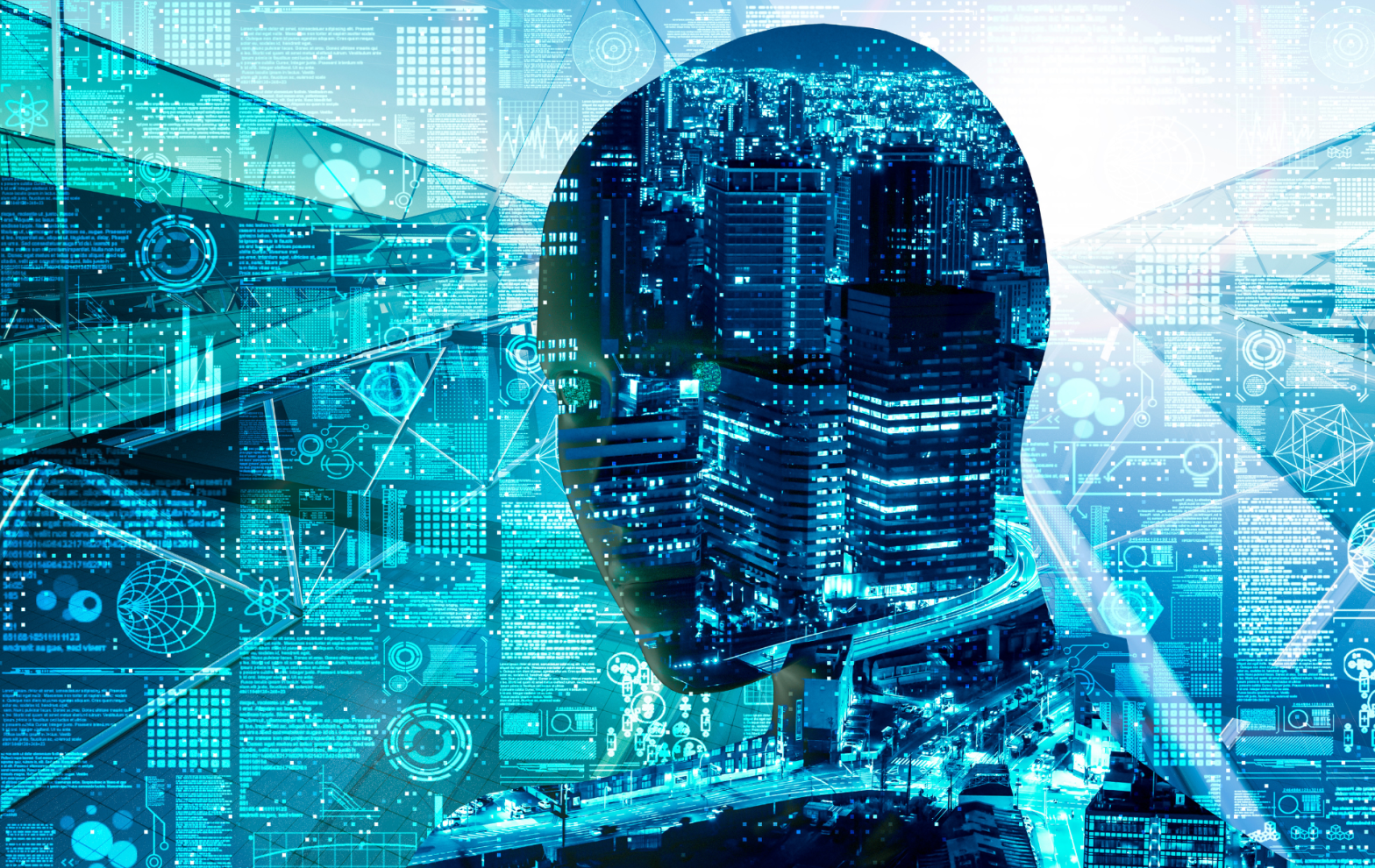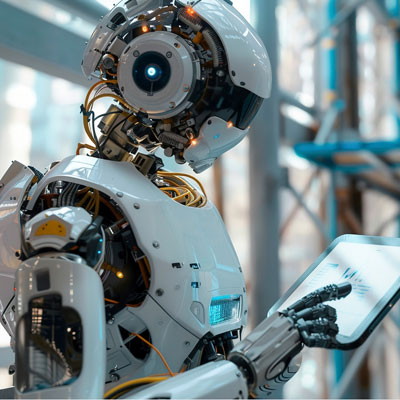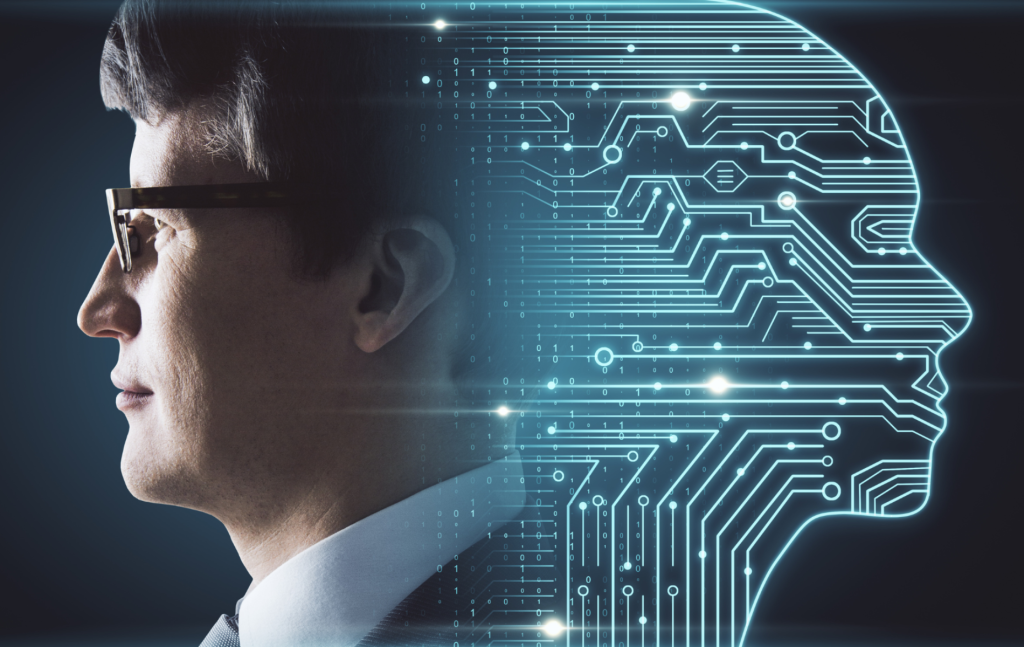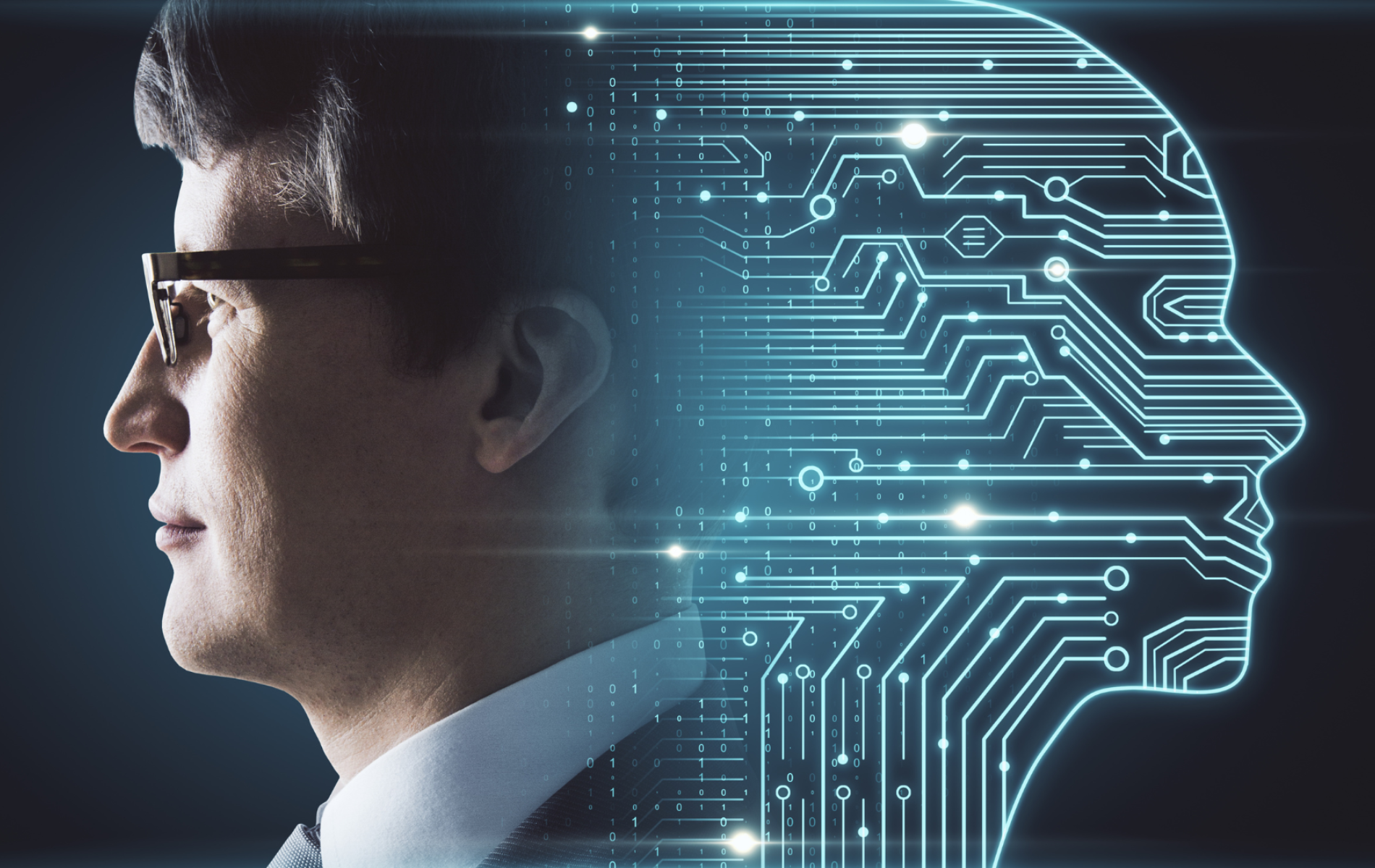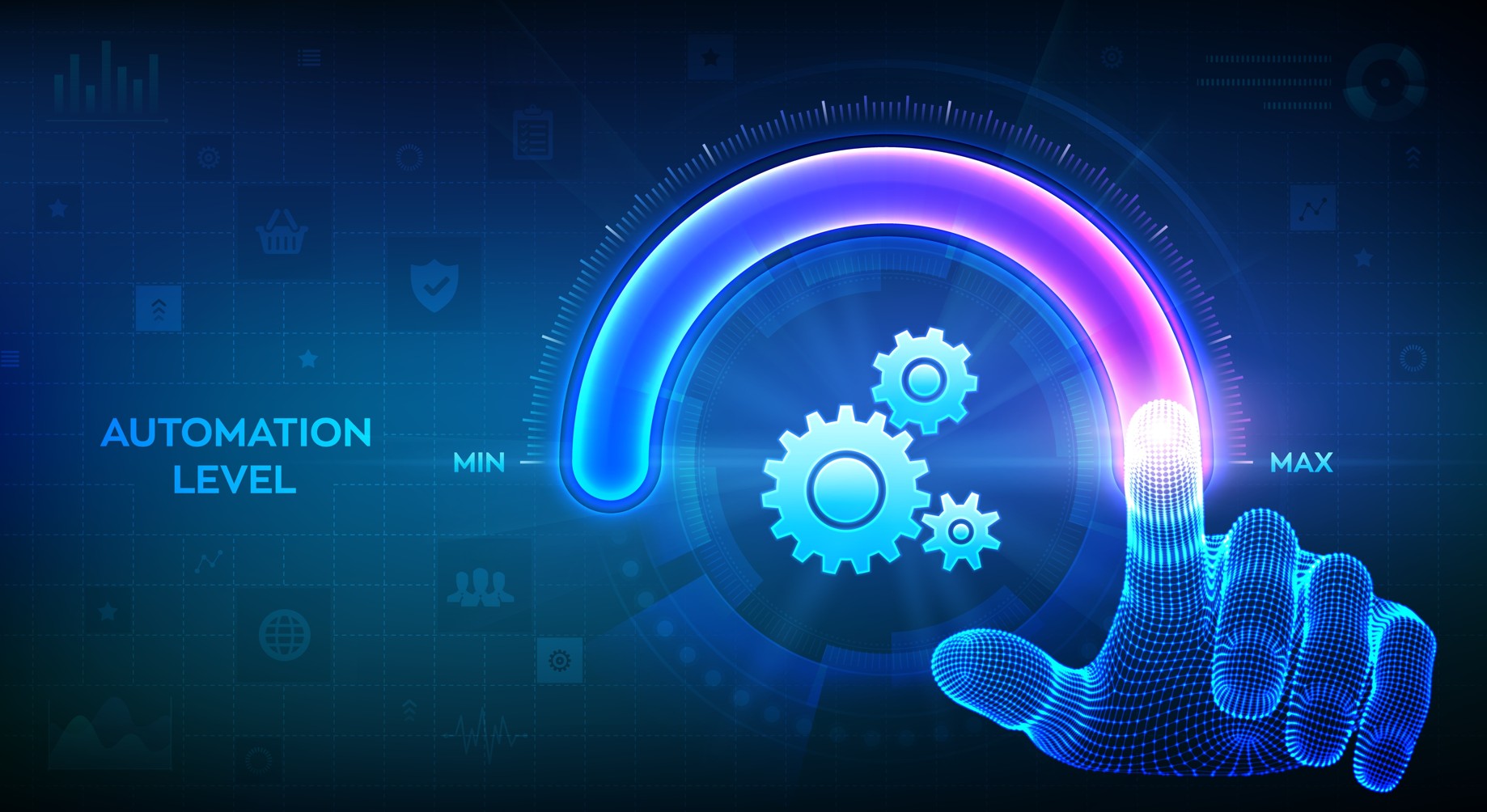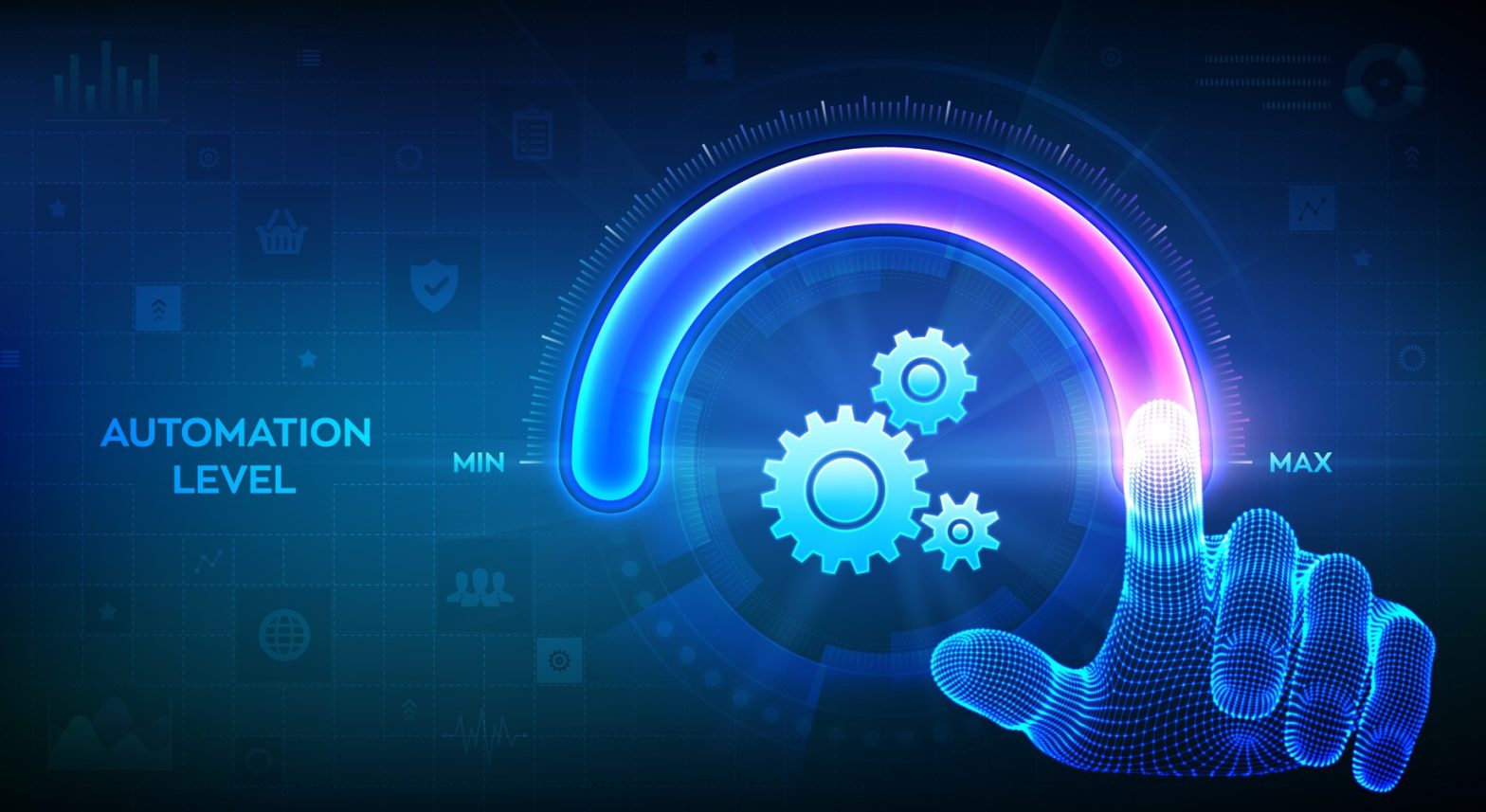In the ever-expanding field of technology, artificial intelligence (AI) is a truly transformative power that is revolutionising the way we live and work. Artificial intelligence can be categorised according to its capabilities and functionalities, with each type serving unique purposes in different domains.
Capability-based types of artificial intelligence
Narrow AI
Narrow Artificial Intelligence, also known as Narrow Artificial Intelligence (ANI), is designed to excel at performing specific tasks or solving certain problems with precision and competence. These AI systems are tailored for a defined purpose and lack the ability to generalize beyond their designated functions. Narrow artificial intelligence finds extensive use in:
Virtual assistants: Virtual personal assistants such as Siri and Alexa have become an integral part of our daily lives. They excel at understanding and responding to voice commands, providing information, setting reminders and more.
Recommendation systems: eCommerce platforms and streaming services use Narrow AI to provide personalized product and content recommendations, enhancing user experiences.
Healthcare: Medical diagnostic tools powered by Narrow AI help identify diseases quickly and accurately.
Machine Learning (ML)
General Artificial Intelligence, also called Artificial General Intelligence (AGI), is the aspiration to create artificial intelligence systems with human-like cognitive capabilities. These systems have the potential to understand, learn and apply knowledge across a wide range of tasks. Although we have not yet arrived at a full-fledged general artificial intelligence, its potential applications are limitless, covering areas such as:
Healthcare: General artificial intelligence could revolutionise patient care by diagnosing a wide range of medical conditions, personalising treatment plans and even contributing to drug discovery.
Education: Artificial General Intelligence has the potential to provide personalised and adaptive learning experiences for students of all ages, tailoring curricula and content to individual needs.
Autonomous vehicles: Self-driving cars equipped with general artificial intelligence could navigate complex traffic scenarios with human-like adaptability.
Super Artificial Intelligence (Super AI)
Super AI or Artificial Super Intelligence (ASI) is a theoretical level of artificial intelligence that surpasses human intelligence in almost all aspects. The development of Super AI remains a topic of intense debate and research. Its applications, if realised, could go beyond human understanding and influence various fields, including scientific research, problem solving and beyond.
Types of AI based on functionalities
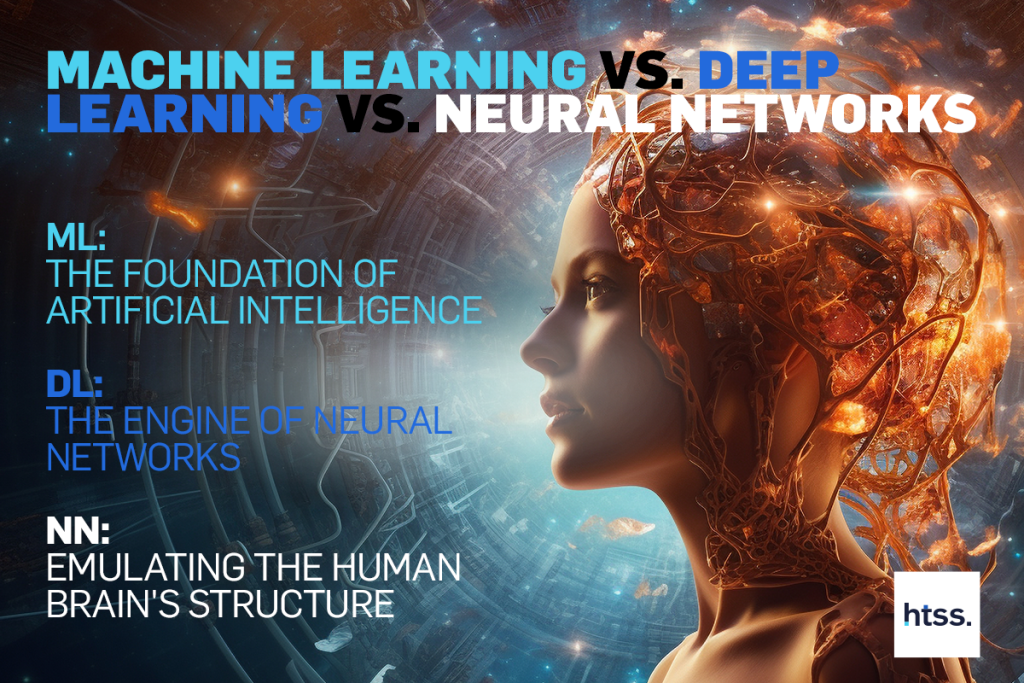
Reactive machines
Reactive machines are artificial intelligence systems that operate according to predefined rules and do not have the ability to learn from experience. They excel in tasks that require fast and accurate decision-making. These machines are commonly used in:
Chess and various games: Artificial intelligence that plays chess, such as IBM’s Deep Blue, falls into this category, as do various gaming algorithms.
Manufacturing and robotics: Reactive machines are used in manufacturing processes to control machines and production lines.
Limited theory of mind
Artificial intelligence systems with a limited theory of mind have the ability to understand people’s intentions and emotions to some extent. Although not fully capable of true empathy, they can adapt to human interactions, making them valuable in areas such as:
Customer service: chatbots and virtual assistants with limited theory of mind improve customer service interactions by understanding and reacting to customer emotions and needs.
Education: These artificial intelligence systems can provide personalised tutoring and adapt their teaching methods to the individual needs of students.
Theory of mind
Artificial intelligence systems equipped with theory of mind have a more advanced understanding of human emotions, beliefs and intentions. They can engage in deeper and more meaningful interactions, making them vital in areas such as:
Mental health: artificial intelligence of this type can provide emotional support and mental health therapy, offering empathy and understanding to those in need.
Companionship: these AI systems are used in companion robots designed to interact with and provide companionship to elderly and disabled people.
Self-awareness
Self-aware artificial intelligence is the most advanced type, possessing a deep understanding of one’s own existence and consciousness. This theoretical level of artificial intelligence is still in the realm of science fiction and philosophical discussion.
Artificial intelligence is not a monolithic concept. It can be classified into different types based on capabilities and functionalities. Each type offers unique advantages and applications, transforming various fields. As artificial intelligence continues to advance, its influence on our lives and industries will grow, presenting new opportunities and challenges on the horizon.
If you have questions or are looking for guidance on how artificial intelligence can improve your company, our consultants at htss are here to help.








